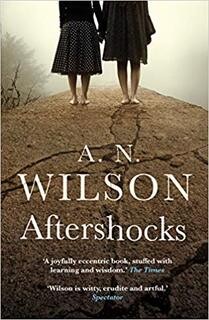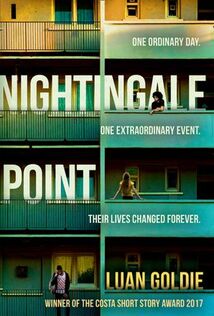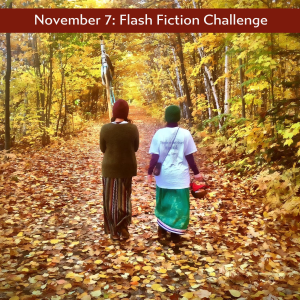Aftershocks by AN Wilson
I found this novel hard going all the way through to the second earthquake. The tangled paths of the myriad characters were confusing; the world building – with a history, geography and culture borrowed from New Zealand but adamantly not that country – a bore. Twenty-seven-year-old Ingrid, taking time out from her acting career to study the plays of the ancient Greeks and Shakespeare, is a particularly irritating narrator: describing herself as a Greek chorus, she addresses the reader directly, and digresses ad nauseam, before slipping inside of the characters’ heads.
Yet it did become relevant eventually. In a novel dependent more on theme than plot points, the seminar on the nature of tragedy is central to what it’s about. Likewise the questioning of God and gods, and how the concept has changed through the ages, and the challenge of faith in a figure who fails to protect.[1] Ditto corruption in local politics, with the Mayor in cahoots with a property developer, and the hubris of constructing cities on a geological fault.
I recognise the name of this author, although I haven’t read any other of his fifty-odd other books[2]. I’d certainly be open to read another, now I’m prepared for the quirkiness of style. Thanks to Atlantic books for my review copy. For another novel about an earthquake, see God Loves Haiti.
[1] I found it interesting that, although I read a lot of novels about religion, I don't recall anything contemporary about Anglicans, although tea with the vicar was once a set piece. I wonder if, although it's not my identity, it's almost invisible in my culture, rather like being white.
[2] Mostly novels and biographies.
Nightingale Point by Luan Goldie
Mary, who migrated from the Philippines to work as a nurse three decades before, has a sense something bad is about to happen. Will it be the return of her husband and his discovery of her affair? Or will it be trouble with the orphaned brothers next door? She promised their Nan she’d watch over serious university student Malachi and fifteen-year-old Tristan, a rapper too keen to impress the wrong crowd.
Meanwhile, Malachi’s former girlfriend Pamela has something to tell him, if only her dad, an overcontrolling racist, would let her out of the flat. Elvis, on the other hand, a man with a learning disability who has recently left residential care, is so happy with its own place, if he didn’t have to make a phone call, he’d never leave.
With the narrative spread across five point-of-view characters, it takes some time for this novel to come into its own. Until the plane crash, I didn’t much care what happened to any of them; fortunately, Luan Goldie does disaster extremely well. The fear, confusion, pain and surprising heroics are convincingly rendered, and I admired the author’s choices in what to, and what not to, show. As she follows the survivors through to the five-year anniversary, the novel is perfectly balanced between realism and the redemption readers crave.
Reading this shortly after the interim report from the Grenfell Tower enquiry, which has so far cost us 100 times more than safe cladding would have done and still hasn’t got to the cause in capitalism out of control, this novel feels extremely topical, although inspired by an incident that occurred in 1992 in Amsterdam. It’s a powerful debut about collective and individual trauma, racism and political indifference to the poor and working class. Thanks to publishers HQ for my review copy.
With the climate crisis, flooding seems to be the main mode of natural disaster currently confronting the UK. Right now, residents of a town not far from where I live have been evacuated from their homes, a pattern repeated in various parts of the country every few months.
Of course, the Global South is experiencing the worst effects of the climate emergency. But I wanted to share a good-news story about how agriculture has adapted in Bangladesh, a country that includes a river delta and is therefore more accustomed to flooding.
| However, I can’t use the floating gardens of Bangladesh as the springboard for this week’s 99-word story, as the prompt is water walkers and these farmers access their crops by boat. But I’m staying with farming in that country, albeit in less turbulent times: |
From a distance, you’d think they were walking on water. Serenely they float in bright-coloured saris, balancing baskets and pots on their heads. Traversing lagoons with gifts for their gods in the temple or visiting friends for chai and a chat.
Come closer and you’ll see something different, as they hitch up their skirts and step down from the banks built of mud. In the fields, crosshatched by embankments and walkways, tender green shoots poke out from ankle-deep water and mud. These women have no time for gossip: rice demands their devotion; their families need rice or they’ll starve.
























 RSS Feed
RSS Feed





















